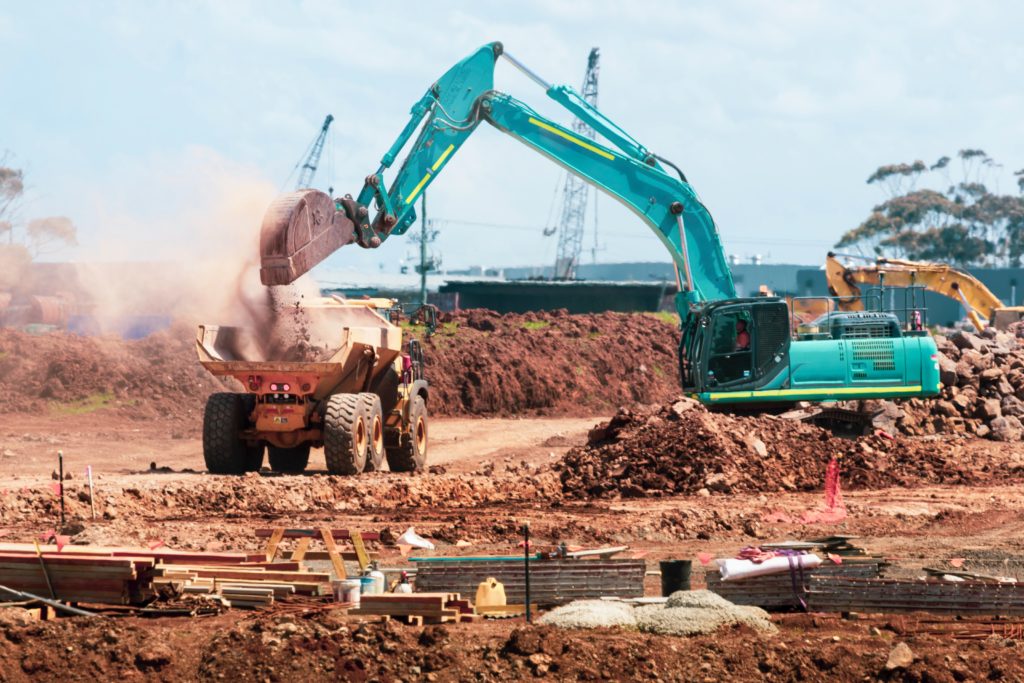Councils will struggle to set viable rates for developing brownfield and urban sites under the new infrastructure levy, warn landowners.
The British Property Federation, BPF, argues that the levy is not site-specific and that this will have a negative impact on affordable housing provision.
BPF policy director Ian Fletcher said: “The idea of bringing in a new infrastructure levy is to remove the complexities experienced under the current system of contributions, but the new levy has fundamental structural challenges and will do little to reduce complexity.”
The organisation is concerned that using gross development value as the primary measure for calculating the levy will cause uncertainty for developers, lenders, and councils.
They claim commercial and mixed-use schemes will be particularly badly hit due to changes between valuations and the actual viability of the scheme.
Councils are ill-equipped to apply the levy
Instead, they would like the existing community infrastructure levy and section 106 contributions to be reformed. They argue that local planning authorities are insufficiently resourced to implement a new infrastructure levy charging schedule.
“It is undeniable that the community infrastructure levy and section 106 can be improved, but we would like to work with Government to share our expertise and work towards a scenario where the existing system is enhanced and simplified,” said Mr Fletcher.
Brokers Hank Zarihs Associates said development finance lenders were worried that the system for delivering the benefits of the new levy locally was insufficiently robust.
Currently, section 106 agreements fund nearly half of all affordable housing. Landlords, developers and the social housing sector fear cash-strapped councils could be tempted to spend money raised by the new levy on other services.
“Under current proposals, there is a chance that developer contributions could be siphoned away from delivering affordable housing to other, unspecified forms of infrastructure or local authority spending priorities,” they said in a letter sent to levelling up Secretary Michael Gove in February.
Consultation on the detailed implementation of the levy finishes on the 9th, 2023. The Government will pilot the levy on a minority of local authorities in 2025 before a national rollout in 2029.

